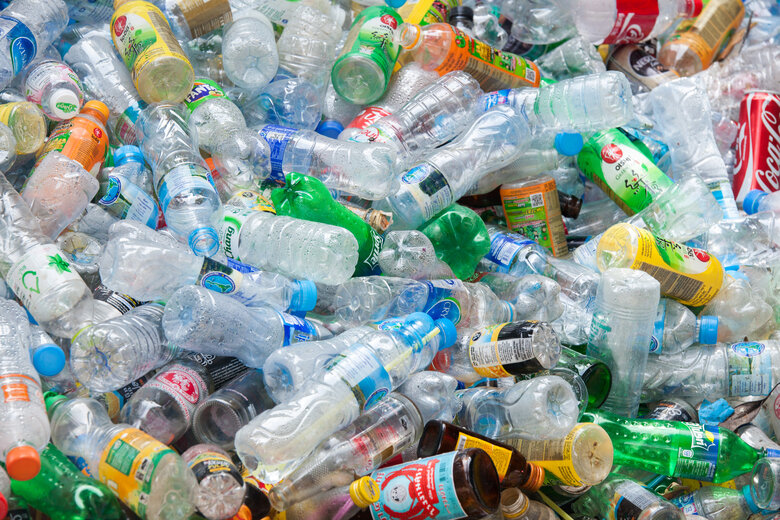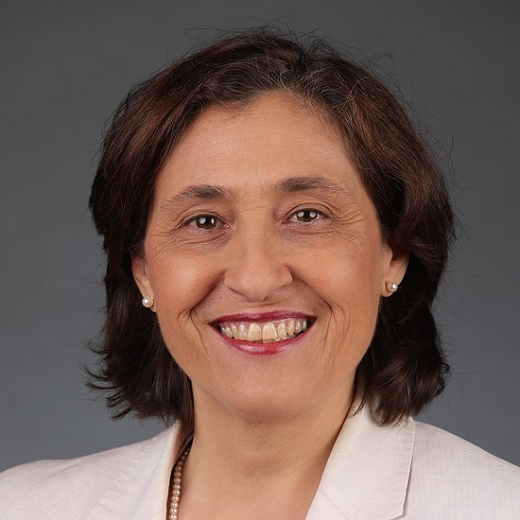
Victoria will model its container deposit scheme on NSW when when it becomes the last Australian jurisdiction to roll out a cash-for-cans scheme in 2023.

Unveiling the design of the scheme last week, the government said it would incentivise people to return used drink cans, bottles and cartons for recycling and reduce the state’s litter by up to half.
People will be able to return cans, bottles and cartons at various locations for a 10 cent refund, including at shopping centres, drive-through collection depots and mobile drop off points at events and community festivals.
The scheme will split responsibilities between a scheme coordinator partner and network operator partners, in a similar structure to NSW, Tasmania and the ACT.
Contracts for the roles of Scheme Coordinator and Network Operators will be awarded through an open tender process after the legislation has been approved by parliament.
The government has moved to allay concerns about the impact of the model on charity, community, and sports groups, who were concerned a network operator would take a cut of their earnings.
Minister for Energy, Environment and Climate Change Lily D’Ambrosio says these groups will be able to raise funds via donations from others, by initiating a collection drive or operating their own container collection points.
Ms D’Ambrosio said the final design of the scheme was supported by 85 per cent of participants during public consultations, despite lobbying for alternative models by organisations connected with the beverage industry.
“In considering the final design, we have ensured that it will provide easy access for all Victorians, encourage greater recovery of waste, and create new employment opportunities,” she said.
Councils welcome plan
The announcement has been widely welcomed by Victorian councils and the recycling industry.

The Municipal Association of Victoria congratulated the state government for prioritising accessibility, simplicity and recycling outcomes.
But MAV President David Clark said some important details about the scheme remained unclear, including exactly which types of beverage containers will be eligible for a refund.
The Australian Council on Recycling ACOR endorsed the government’s model of tendering for collection network operators saying it would help ensure a network of multiple refund points.
“It is anticipated that this scheme will make a big recycling impact,” interim CEO Cameron O’Reilly said.
“These schemes are proven wins for the environment, community and business.”
The Waste Management and Resource Recovery Association of Australia said despite “relentless lobbying” from the beverages industry, the government had not bowed to pressure and had ensured an open market where everyone would have equitable access to the scheme.
CDS technology provider TOMRA Collection Solutions said the government had backed the best model for the environment, the economy and the charity sector.
“The new Victorian CDS will provide unique opportunities for hundreds of charities, community groups and local sporting clubs to participate as both fundraisers and collection point operators,” president Ryan Buzzell said.
However VicRecyle, which was formed by the beverage industry to lobby for a Queensland-style not for profit-operated CDS, said it would disadvantage charity organisations.
VicRecycle had also warned the NSW model would increase the price of drinks too much.
The government, however, had argued the Queensland model would give the beverage companies too much influence.
Sustainability Victoria estimates that 2.9 billion beverage containers are consumed in Victoria each year, with consumption increasing by about 1per cent per year.
Ministers agree on harmonisation
It comes as a meeting of state and territory environment ministers on April 15 agreed to harmonisation of container deposit schemes across jurisdictions to 2025 to ensure consistent recycling and collection strategies.
It would cover standardising size and products, refund amounts, community education and collection strategies.
The ministers also agreed in principle to roll out a Food Organics and Garden Organics FOGO waste collection service in partnership with the commonwealth.
They also gave in-principle agreement to establishing nationally uniform municipal waste collection standards across the country and the development of a national implementation road map.
The Australian Local Government Association has indicated it’s pleased that the road map will consider “costs and benefits” of harmonisation.
The ministers identified eight “problematic and unnecessary” plastic products to be phased out national by 2025 including light weight plastic bags, plastic straws and utentsils, expanded polystyrene food containers and microbeads.
Comment below to have your say on this story.
If you have a news story or tip-off, get in touch at editorial@governmentnews.com.au.
Sign up to the Government News newsletter
This certainly does appear to be a great start to solving the overall problem to solving our waste and recycling problems in Australia and I like the idea of national uniform waste collection standards.Implementation and time will be the key elements here to its success.
My question is why cannot the same consensus be applied Australia wide to things like road rules and the multitude of of other regulations/legislation etc through harmonisation Australia wide (where necessary ) It is lovely to see some good news lately where Govts can be seen and are doing for the country and its people not forgetting the environment